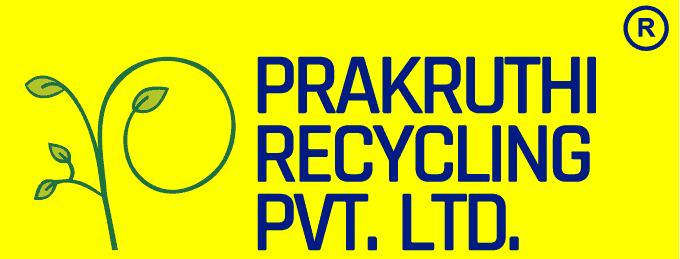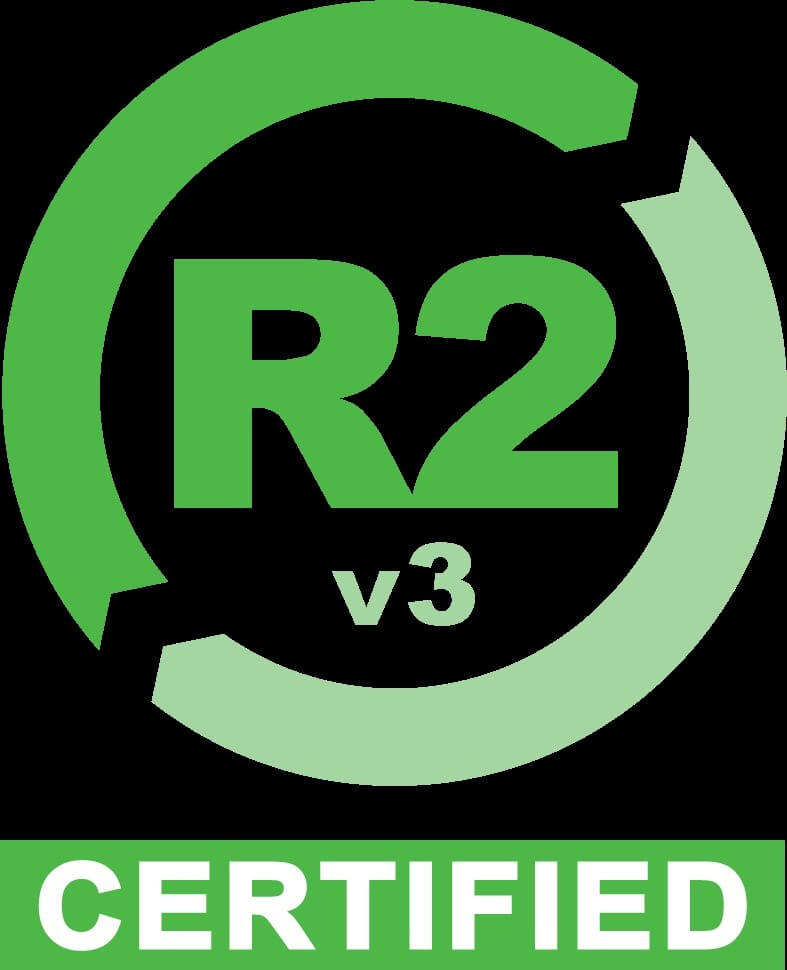KSPCB Certification
Authorised by Karnataka State Pollution Control Board
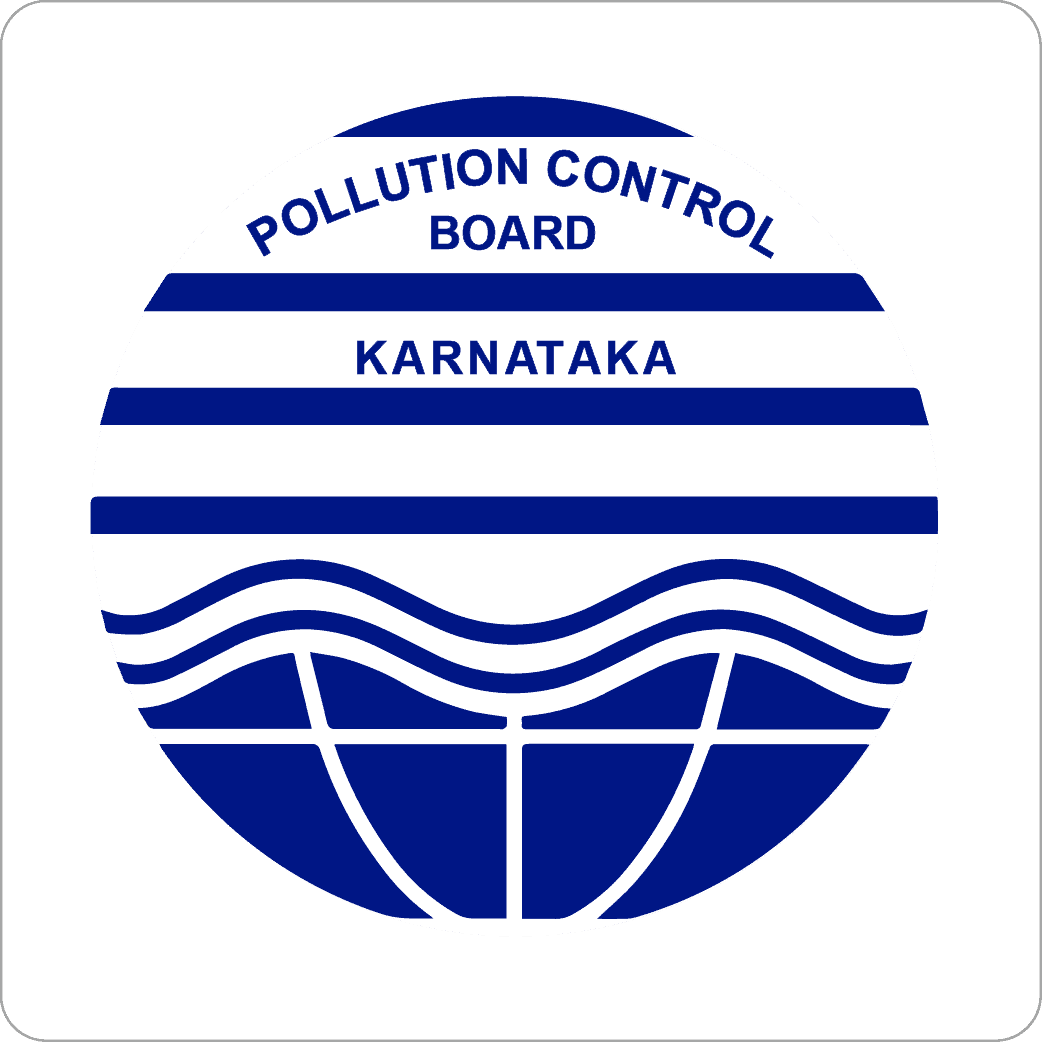
The Karnataka State Pollution Control Board is the authorised regulatory body for providing the Prevention and control of water pollution and maintaining or restoring of wholesomeness of water.
The Central Office of the Board is responsible for making general policies relating to enforcement of pollution control Acts and Rules and it also carries out general administration and co-ordination with other agencies.
ISO 9001:2015 – ISO 14001:2015 – ISO 45001:2018 – ISO 27001: 2022
Integrated Management System
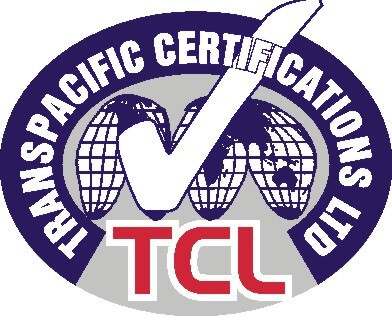
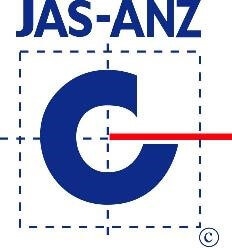
R2v3 Certification
Shaping Sustainable Electronics, Securing Data, and Redefining Responsibility
R2v3 certification serves as an elective sustainability standard, endorsing responsible electronics processors. IT Asset Managers collaborating with ITAD companies equipped with R2v3-certified infrastructure can be more assured that their sensitive data will be securely destroyed, electronics with remaining value will be reused, and their assets won’t contribute to landfill waste or end up in distant dumping grounds.
Additionally, ITAD companies holding R2v3 certification are better positioned to guarantee the effectiveness of their data destruction and waste management practices to customers.
EPR Certification
Channelizing the generated E-waste as per the Compliances
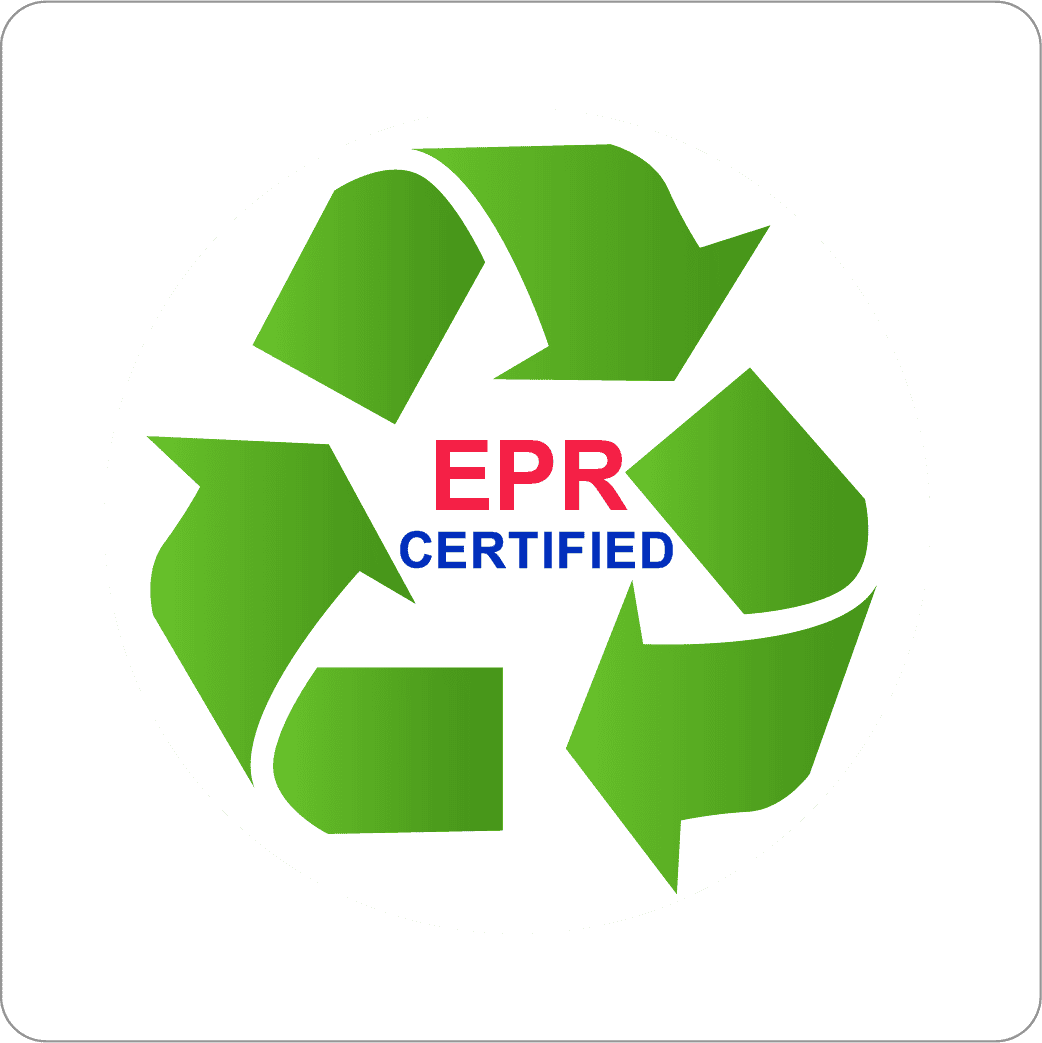
EPR stands for Extended Producer’s Responsibility. EPR Certificate is mandatory for Indian Manufacturer / Importer of product for E-waste management.
EPR Authorization is given by the Central Pollution Control Board (CPCB) under MoEFCC, Government of India. With EPR India authorization, the manufacturer / importer of electronic and electrical products has been given the responsibility to control E-waste by the products after expiry of their lifetime.
EPR is a registration through which the Government has given an extended responsibility to the producer to channelize the E-waste generated into the markets. Producers are liable to collect back electronics through buy-back schemes, collection programs and collection centers. Proper channelization is important so that E-waste doesn’t end up into wrong hands and harm the environment.
Producers have to take the responsibility for proper channelization and have to get it recycled from an authorized recycler. General public should also be addressed for proper disposal of E-waste.
EPR & Take Back Scheme
Extended producer responsibility is an environmental protection strategy to reach an environmental objective of a decreased total environmental impact from a product, by making the manufacturer of the product responsible for the entire life cycle of the product and especially for the take back, recycling and final disposal of the product.
Mandate for E-waste recycling companies
EPR authorization is mandatory and must be obtained by all the producers including importers, e-retailers / online sellers for electrical and electronic equipment’s covered in E-waste.
A producer can implement its EPR by setting collection centers or through take back system or both for moving or shifting E-waste / end of life products to authorized dismantler’s or recycler’s.
Ready to Find out more about what we can do for you to Stay Safe & Secure
